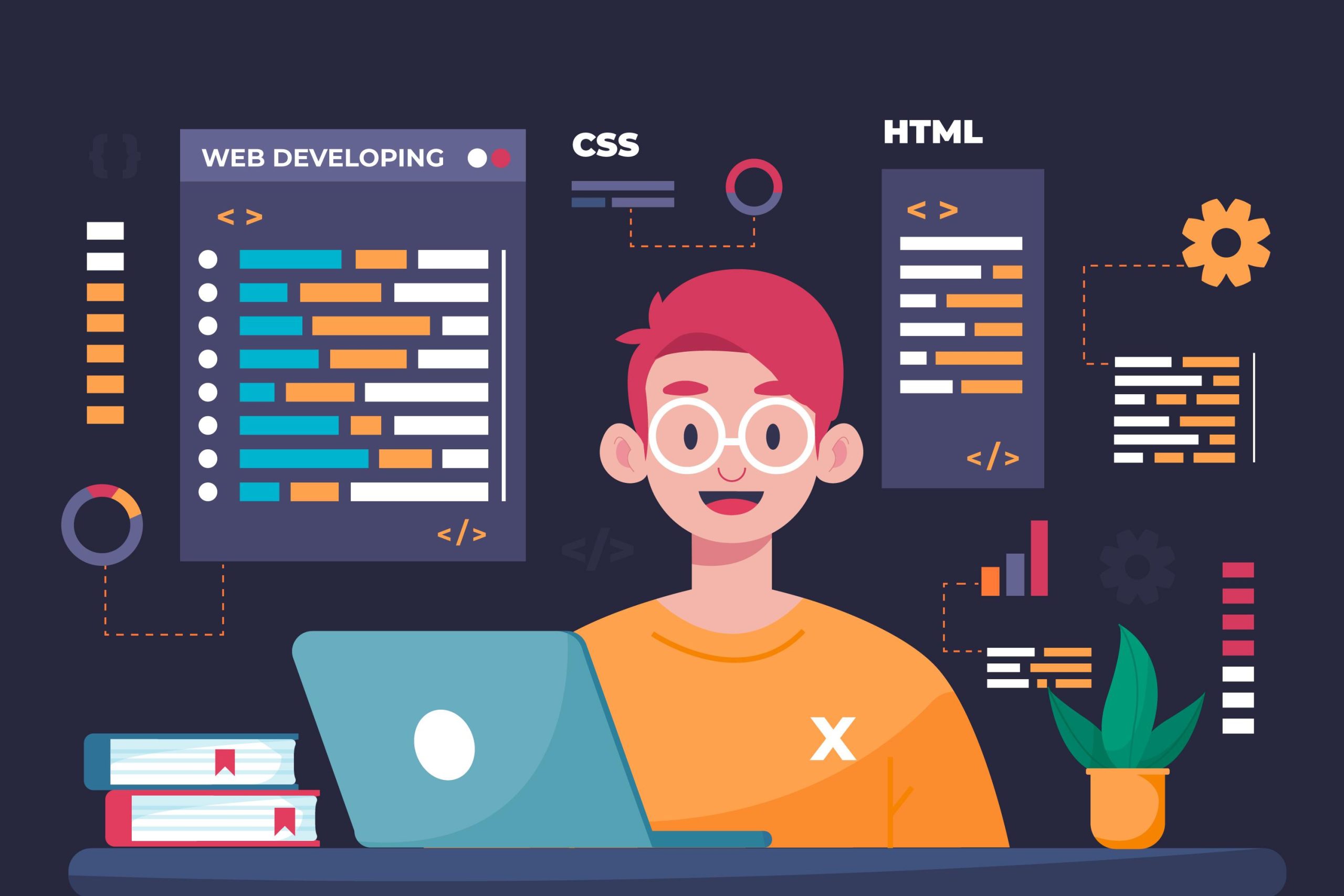Hiring is often the make-or-break factor in the success of a startup, and one of the most critical roles to fill is that of a programmer. As you embark on the journey of hiring programmers for your startup, one of the first decisions you will need to make is whether to hire a freelancer, a contractor, or a full-time employee.
Your choice will set the stage for the technological foundation of your startup, dictate the pace of your progress, and significantly impact your bottom line.
This blog post will delve into the nuances of these three hiring options, providing practical tips to help you make the right decision for your startup.
We’ll analyze a real-life case study, debunk common misconceptions, and provide quotes from successful entrepreneurs to inspire your journey.
Freelancer: Flexibility and Cost-Effectiveness
Hiring a freelancer can be smart for startups that need flexibility and cost-effectiveness.
Is there a specific project or short-term need in your startup? Then a freelancer could be the answer.
- Freelancers can be hired for specific projects, reducing your financial commitments.
- They often have varied experiences, bringing unique insights to your business.
- The flexible nature of freelancing allows you to scale up or down as needed.
However, freelancers might work with multiple clients, and your project might not always be their top priority.
It’s crucial to establish clear communication channels and project timelines.
Contractor: A Balance Between Commitment and Flexibility
Consider a contractor when you need more commitment than a freelancer can offer but aren’t ready for a full-time employee.
Do you have a long-term project or ongoing needs that demand more dedicated attention? A contractor can fill this role seamlessly.
- Contractors work for you on a contract basis, offering more commitment than freelancers.
- Their work hours can be stipulated in the contract, giving you more control.
- You can evaluate a contractor’s work and consider them for a full-time role in the future.
Remember that contractors can be more expensive than freelancers due to their increased commitment and that contractor regulations can vary by country, so legal advice might be necessary.
Employee: Long-Term Investment and Company Growth
Hiring a full-time employee becomes an excellent option when you’re ready to invest long-term in your startup’s growth.
A dedicated employee can deeply understand your startup’s vision and become integral to your company’s culture.
- Full-time employees bring stability and long-term commitment to your startup.
- They can handle a broader range of responsibilities and contribute significantly to your startup’s growth.
- Hiring full-time allows you to develop your employees’ skills and foster loyalty.
However, hiring a full-time employee requires a significant financial commitment, including benefits and taxes.
Learning from Others: The Twitter Story
Take Twitter, for example. As cited by The New York Times, the social media giant initially hired contract workers to ramp up their coding capabilities quickly.
As Jack Dorsey, Twitter’s co-founder, once said, “Hiring contractors was a strategic move that allowed us to be nimble and adapt quickly.”
Twitter eventually transitioned these contractors to full-time roles as the company stabilized, demonstrating the fluid nature of hiring and the importance of adaptability.
Addressing Misconceptions and Challenges
One common misconception when hiring programmers for a startup is that freelancers and contractors are always the cheaper options.
However, costs can quickly escalate if projects run over time or you need to hire additional freelancers for tasks outside the initial scope.
Moreover, startups often face the challenge of building a cohesive team culture when working with freelancers or contractors.
To overcome this, foster an inclusive environment where all contributors feel part of the team regardless of employment status.
Conclusion: Making the Right Choice
Choosing between freelancers, contractors, or employees is no small task when hiring programmers for your startup. The best choice depends on your needs, resources, and long-term goals.
By understanding the pros and cons of each option and learning from successful startups like Twitter, you can make an informed decision that sets your startup on the path to success.
Steve Jobs once said, “The secret of my success is that we have gone to exceptional lengths to hire the best people in the world.”
This rings true whether you’re hiring a freelancer, contractor, or full-time employee. After all, your startup’s success is ultimately determined by the people you bring on board.
- The Agentic Startup Manifesto - June 8, 2025
- Remote Hiring in 2025 - April 5, 2025
- Burnout in Remote Teams: How It’s Draining Your Profits - January 27, 2025
